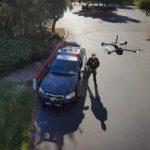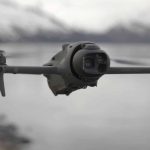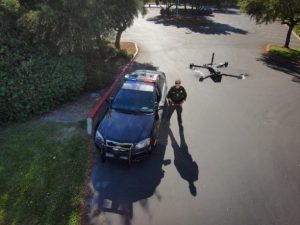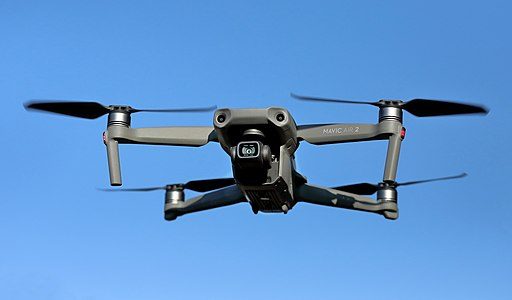DJI Raises Concerns Over Expedited Security Review
A Deep Dive into the High-Stakes U.S. Audit, Industry Consequences, and the Battle for Drone Market Trust
The global drone landscape is experiencing unprecedented turbulence, with DJI, the world’s leading drone maker, at the center of this dynamic evolution. In the unfolding year of 2025, a critical drama is taking place in Washington: American lawmakers and agencies are accelerating the national security examination of DJI and the Chinese drone producer Autel Robotics, as dictated by the National Defense Authorization Act (NDAA). The outcome of this process will significantly influence drone availability and the trajectory of American technological development and safety.
Here’s a detailed look at the motivations for this review, why DJI is voicing concerns, and the implications for enthusiasts, professionals, and those aspiring to integrate drone technology into daily operations.
1. What Sparked the Security Review?
The NDAA of 2025 necessitated a security assessment of drones from companies like DJI and Autel to determine potential national security risks. If the assessment remains incomplete by December 23, 2025, DJI’s products risk being added to the FCC’s Covered List, potentially banning new sales in the U.S. and hindering public and private sector drone use.
The urgency increased when House Republicans urged the Office of the Director of National Intelligence (ODNI) to expedite the review process, citing data security, foreign surveillance risks, and communication vulnerabilities as primary concerns. A further push came from a presidential executive order in June 2025 prioritizing the incorporation and vetting of Unmanned Aircraft Systems (UAS) in U.S. airspace, accelerating both attention and political implications.
2. DJI’s Position: Transparency, Security, and Frustration
DJI welcomes scrutiny and has called for a thorough, transparent audit. They emphasize existing privacy and security measures, citing numerous third-party reviews and a 2022 Pentagon study that found no malicious code in government-specific DJI drones. They underscore the significance of:
- Local Data Mode: Supports offline operation, severing internet connections and retaining data locally.
- No Automatic Flight Log Syncing: Flight logs have not been uploaded to DJI servers since 2024.
- AES-256 Data Encryption: Along with ISO 27701 certification for privacy.
- On-premise server options: Available for enterprise clients.
- Independent audits: Conducted by firms such as Booz Allen Hamilton, receiving security validation from the U.S. Department of the Interior and Idaho National Laboratory.
Despite these efforts, DJI expresses concern that a rushed or unfair review could harm the U.S. drone industry, affecting numerous sectors and jobs.
We are ready to undergo a transparent, fair, and thorough audit… Our confidence in our products’ ability to pass is supported by repeated validations from independent firms,” stated a DJI representative.
3. The Lawmakers’ Perspective: National Security First
U.S. legislators remain cautious, especially amid ongoing tensions with China, focusing on DJI and Autel’s significant roles in the market. They urge rapid completion of the review and demand conclusions within a notably short 30-day window, citing:
- The necessity of timely review considering the market dominance of these firms.
- NDAA’s Section 1709, mandating security assessments and FCC notification upon identifying risks.
Legislators are concerned about potential ties between DJI and the Chinese government, capability for data collection, and risks of supply chain compromise. Although no public evidence corroborates unauthorized use of DJI drones for espionage, the focus remains on risk management in geopolitically uncertain times.
4. What’s at Stake for the U.S. Drone Industry?
Should DJI or Autel fail the review or if deadlines aren’t met, the consequences may include:
- Ban on DJI drones involving FCC-licensed communications equipment.
- Operational disruptions for public safety officials, farmers, and other users who prefer DJI products for their cost effectiveness and advanced features.
- Potential













